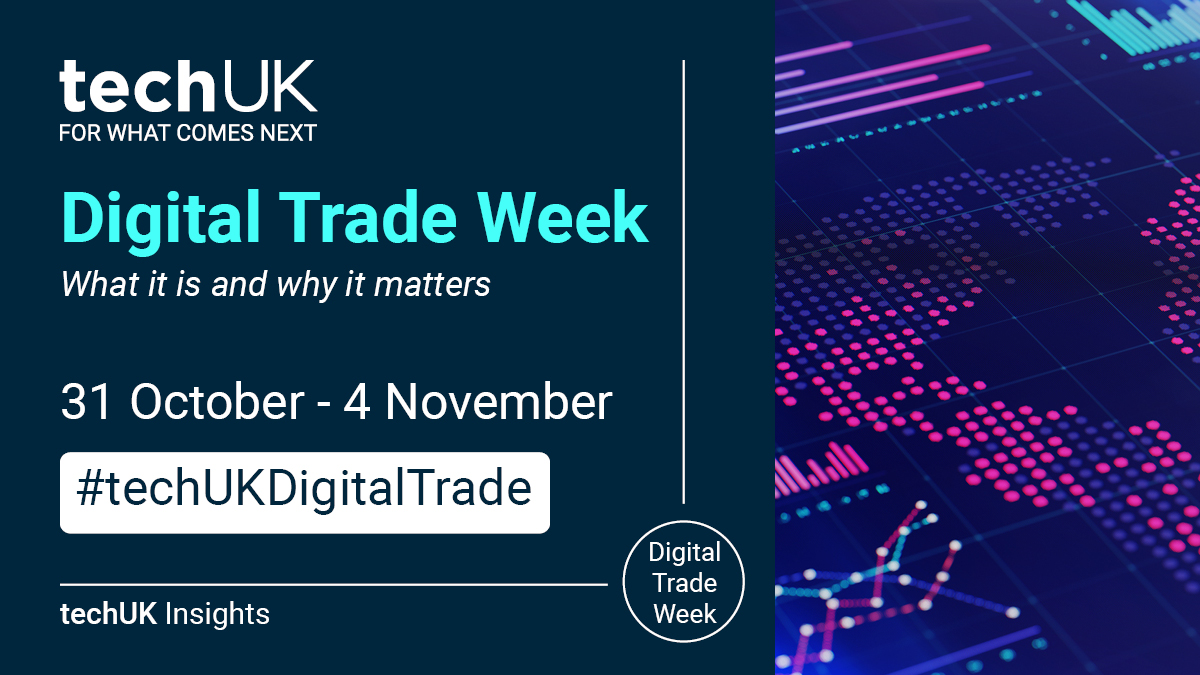A not so secret weapon for fighting illegal transactions

Why we need joined up due diligence to ensure global trade remains crime free & compliant: how digitising trade can improve failing systems and processes...
Illegal armored cars importation, illicit trade deals and flouting of UN sanctions against North Korea are the stuff of global intrigue with a splash of James Bond. But these are facts, not fiction. As we explain in this blog such activity is enabled by poor regulatory compliance and could be curtailed to a significant extent – not by 007 but by robust, joined-up due diligence (not as sexy but more effective).
How UN sanctions against North Korea were breached
Under Resolution 2094, the UN expanded sanctions against North Korea to include “luxury automobiles”. So how did Kim Yong Un import two armored Mercedes-Maybach S600 vehicles into North Korea in breach of these sanctions? It’s a tale of due diligence failure, perhaps willful perhaps the result of poor processes and controls. Here’s what happened.
From Netherlands to North Korea
The journey starts in June 2018 when two containers, each loaded with an armored Mercedes valued at more than $500,000 each, leave the Rotterdam Port in the Netherlands on a ship towards Dalian, China. The consignee (receiver) and major player in this transaction is a company called Zuisyo Co., Ltd. which is located in an apartment in a residential area in Japan and which has no online presence or history of conducting such transactions (red flag anyone?).
In such a transaction, the list of parties involved typically includes the consignor (shipper), consignee, carrier, shipping company, ship owner, various brokers, insurers, reinsurers and other financial institutions. Many of these companies are financially regulated and required to have proper due diligence processes in place.
Every organization involved in this supply chain has a role to play in ensuring that they are not enabling illegal transactions. And each of them risks violating UN and US sanctions against North Korea and being investigated by the relevant authorities if they do not carry out robust due diligence. And yet…
Supply chain due diligence failures
- Was it possible that these cars were not flagged as luxury items enroute to a sanctioned country when they so clearly fall into this bracket? One explanation is that there is more than one code within the World Customs Organization’s Harmonized System (HS) Code structure against which the cars could have been recorded. The HS comprises more than 5,000 commodity groups, each identified by a six-digit code. The system is used by more than 200 countries and economies as a basis for their customs tariffs.
As this transaction involved parties located and regulated in different jurisdictions, perhaps different interpretations of the code led to this failure of due diligence.
- Did everyone involved take responsibility for due diligence across their entire supply chain? It would appear not. That red flag we mentioned above surely should have had sellers, financiers and insurers digging a little deeper to find out who exactly was buying these cars.
Upcoming EU regulation will require companies to identify, address and remedy the environmental, social and governance risks right across their supply chains, making this kind of due diligence failure an offence. Moreover, those deemed responsible for due diligence failure that enables financial crime could face large fines or even imprisonment.
The power of joined-up due diligence
Isolated and insufficient compliance processes resulted in laws and regulations being circumvented allowing Kin Jong Un to get his cars.
It seems that the parties involved in this transaction, which included the consignor, consignee, carrier, shipping company, ship owner, various brokers, insurers, reinsurers and other financial institutions, took what might be described as a light touch approach to due diligence. In the future, to avoid such illicit activities in global trade and joint due diligence efforts in the corporate and transportation sectors will be required and had they been able to share validated documents among all parties involved, they would have realized something was wrong.


